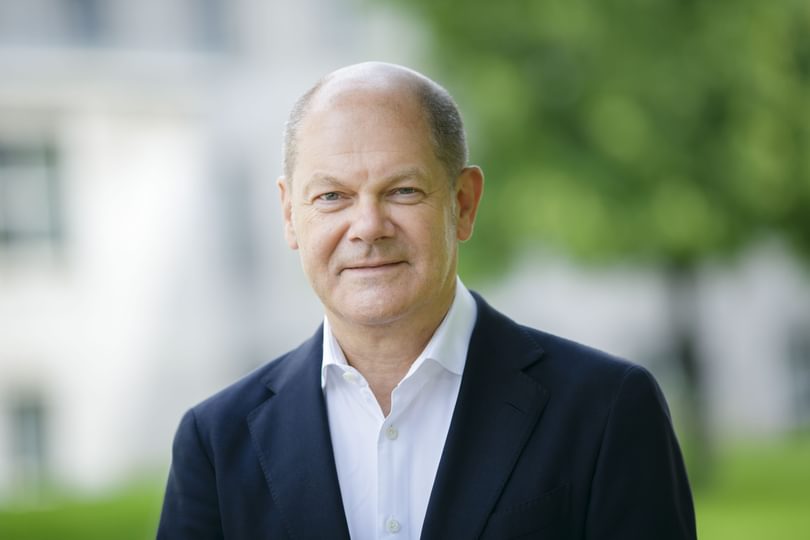
Germany’s Federal Minister of Finance and Vice Chancellor, Olaf Scholz, visited the School last month to meet with Dr Carl Benedikt Frey and team on the Oxford Martin Programme on the Future of Work and discuss some of the issues raised in his recent book, The Technology Trap.
They primarily discussed how increased job automation is affecting labour markets across Europe, but also how the debate around automation is progressing in the public sphere. They agreed that the polarisation of the debate between whether AI will eliminate jobs or whether it will create new ones is unhelpful, as it’s not just about the number of jobs as a whole, but ensuring that those who struggle to adjust and shift into new jobs aren’t left behind. Dr Frey also referred to his work, showing that populism is more fertile in areas where people have seen jobs disappear because of automation.
They also discussed the role of governments in supporting working populations through the technological transition expected in the coming decades. From infrastructure developments that can revitalise cities and towns that have lost industries, as the Oresund Bridge has revived Malmo after the 1990s closure of its shipyards, to the impact of early childhood education and the education system as a whole in setting the framework for future innovation.
On the meeting, Dr Frey commented, “Whatever the future holds for job automation and innovation, the foundations have been laid for a dialogue between the Ministry of Finance and a team delivering a research and evidence-based picture of how the transition is unfolding. We hope this relationship will be a valuable one as we progress through the next wave of AI-enabled automation and innovation.”